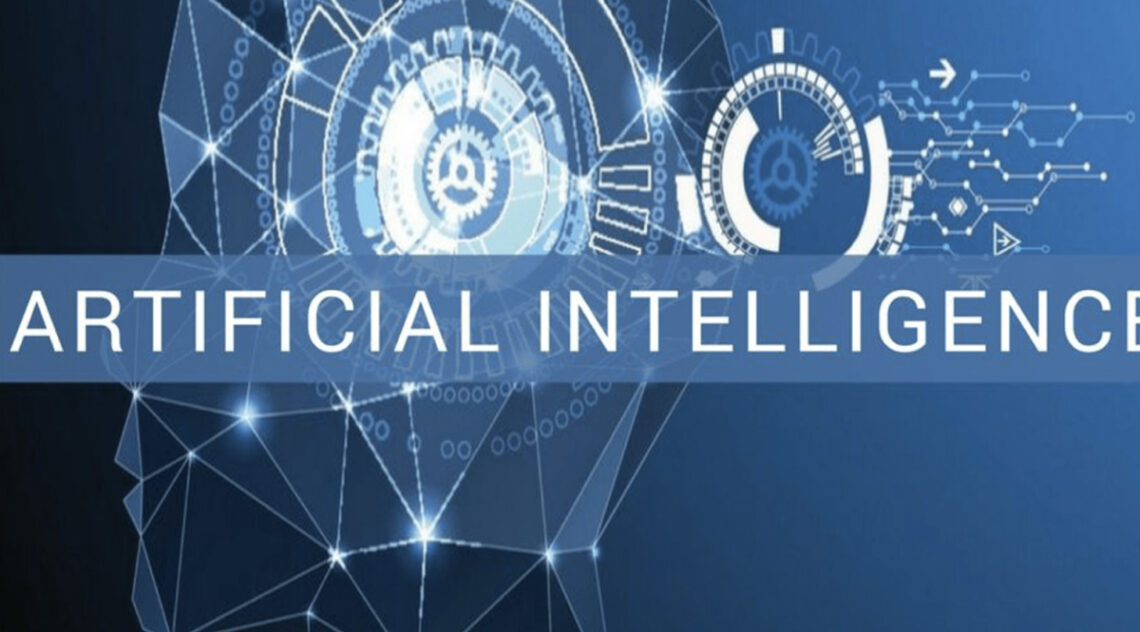
Since “Artificial Intelligence” was first coined at the Dartmouth Summer Research Project in 1956, “AI” has evolved from obscure jargon to a popular technology that’s widely believed to be capable of making the stuff of science fictions come true. AI was initially used for automating simple things like data collection and analysis, but now it’s capable of much more abstract work, like describing events/objects, forming judgments and predictions, and even making final decisions. It even astounded the world with the creation of AlphaGo, which defeated the world’s best human Go player in March 2016. And still, it’s constantly developing and self-evolving, breaking preconceived barriers all the time and subtly integrating into our daily lives.
Even with AI’s increasing ability to do “human things”, AI is all just based on data — while it does improve production efficiency in the society through acquiring and analyzing data, AI could also pose potential privacy risks. To address this concern, terminal device brands have been researching and developing applicable technical measures to protect user privacy and security. Huawei is no exception.
3 Security Safeguards: Refusing to Disclose User Data
Nowadays, our phones are so much more than simple communication tools, but our ID safe box, our credit cards, our wallets. While fingerprint and facial unlocking provides unprecedented convenience for our interactions with our devices, it is worth considering how such important biometric data could incur risks should it be unlawfully obtained by ill-intended parties. How can we protect this important information – this is where AI shows some potential. And that’s exactly what Huawei engineers have turned to, placing at least 3 AI-powered security safeguards.
Firstly, biometric data such as fingerprints, facial features, and iris information are securely stored in a TEE (Trusted Execution Environment) OS — which is based on an independent micro-kernel architecture — on the phone, instead of uploaded to a cloud server (not even a Huawei server). This measure effectively prevents any possible data leakage between terminals and clouds.
Secondly, the TEE OS is isolated from the phone’s OS – they are separated on the hardware level. In other words, a secure operating system is established using the Arm® TrustZone® chipset, which meets the highest security certification of the mobile OS field — CC EAL 5+ —fundamentally blocking any external interception or theft.
Finally, the phone’s OS feeds back to apps only the results of biometric data comparison, such as “matched” or “not matched”, rather than the information itself. Huawei Pay, Secure key, SkyTone, and many other Huawei mobile functions are properly monitored by iTrustee, with multiple measures in place to ensure user privacy and data security.
Huawei HiVoice: It’s so smart that it knows exactly what it can, and can’t do
Voice assistants are an important invention coming out of AI, and are widely seen in consumer products. While they can be incredibly helpful, sometimes we can’t help but be a little paranoid about them listening in and spying on our conversions. Huawei HiVoice developers have also taken that into account, and set the moral bottom line the moment HiVoice was born — it cannot activate itself to listen to anything it wants, let alone issue any commands without permission; instead, everything needs to be a direct instruction by the phone’s owner.
When HiVoice is indeed activated by the user, it’s immensely helpful, and even warm and considerate, in our daily life and work. AI-enabled features include making to-do reminders, mobile data reports, and reminders for the weather. All of them are processed locally on the device, without uploading any personal data to the cloud, more reassuring for consumers.
The above-mentioned is only a part of the multi-dimensional AI privacy protection mechanism deployed on Huawei consumer products. Although AI is integrating into basically every facet of our lives, it doesn’t have to mean that our privacy is compromised in any way. More reassuring for consumers
Huawei is dedicated to promoting the establishment, implementation, and optimization of AI-supported security and privacy standards in this digital era, so that every user can enjoy peace of mind along with the intelligence and convenience it provides. Providing secure and trustworthy services is the cornerstone of long-term prosperity, and Huawei has always been well aware of that. The Chinese company will continuously review and carry out its technological and social responsibilities, to build a more intelligent, more secure AI world for all.